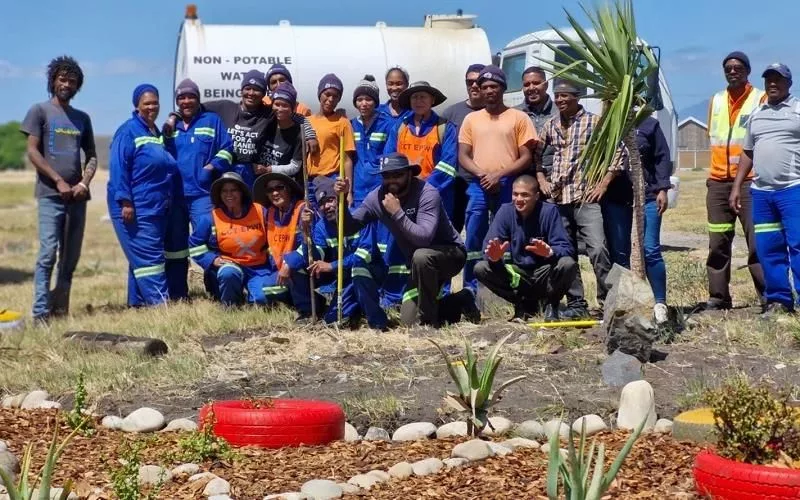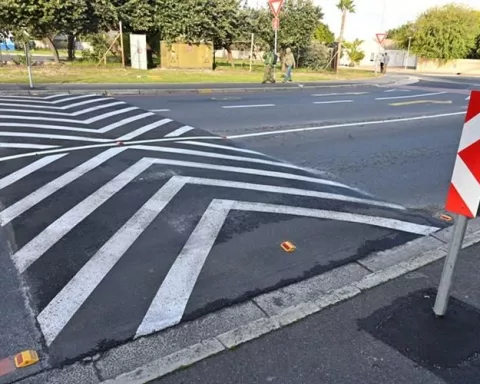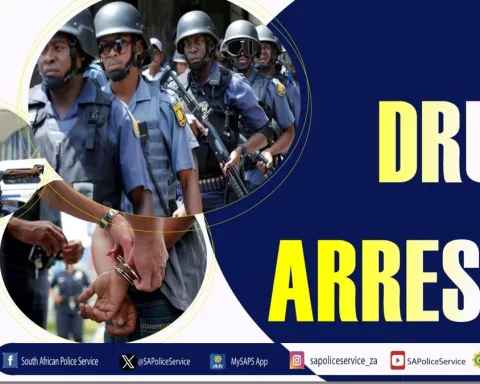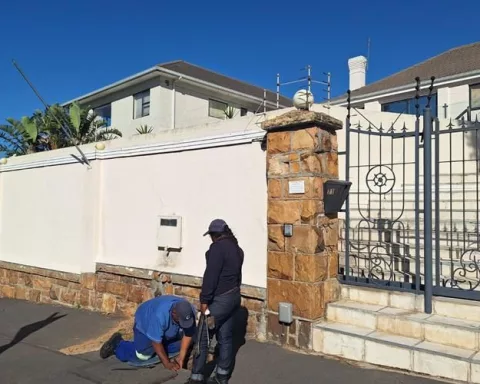Cape Town is turning dumping sites into community gardens to combat illegal waste dumping with the help of local communities and government departments. The initiative aims to beautify the city while addressing the garbage management problem, with two areas already undergoing transformation. Community engagement is essential, with residents participating to make dumping sites undesirable, and the city offers weekly garbage collection services and recommends applying for extra bins to prevent waste overflow. This community-centric effort could set a precedent for future collaboration to prevent illegal dumping and achieve sustainable urban futures.
How is Cape Town combatting illegal waste dumping?
Cape Town is combatting illegal waste dumping through a unique partnership between the Urban Waste Management and Community Services and Health Directorate, local communities, and the Recreation and Parks Department. The initiative involves transforming dumping sites into community gardens, with two places already undergoing this transformation. Community engagement has proven to be crucial in these efforts, with residents participating to make sites undesirable for dumping. The city offers weekly garbage collection services and recommends applying for extra bins to prevent waste overflow.
As the twilight of December 20, 2023, swept across the lively city of Cape Town, a fresh start was visible in its fight against illegal waste disposal. This South African gem, always teeming with activity, was wrestling with a severe garbage management problem. Dumping sites spread throughout the city were not only visually disruptive but also presented dangers to public health, environmental conservation, and the local economy.
A Unique Community Partnership
Nevertheless, the Urban Waste Management (UWM) and Community Services and Health (CSH) Directorate formed an innovative alliance with local communities, transforming these dumping areas into clean, visually appealing spaces.
The colossal nature of the problem was daunting, with nearly 3,000 dumping sites identified. Despite the government’s significant investment of hundreds of millions of rands towards garbage disposal, the problem persisted. The funding, originally designated for improving community infrastructure or initiating beneficial programs, was instead channelled into handling the ever-growing waste pile.
In a creative countermove, the UWM and CSH suggested a brilliant idea – converting these dumping sites into community gardens. This beautification campaign, implemented in conjunction with the Recreation and Parks Department, aimed to plant native flora and foster greener landscapes.
From Trash to Treasure
Two places have already undergone this transformation – Galway Street in Ward 25, and the intersection of Halt Road, Hugo Street, and Voortrekker Road in Elsies River in Ward 26. The former garbage dumps are now patches of lush green land, infusing life into the city.
Community engagement has proven to be the golden key in these efforts. Alderman Grant Twigg, the Mayoral Committee Member for Urban Waste Management, expresses this sentiment by saying, “Better results are typically achieved when residents participate in these efforts… they don’t want to see others spoil their hard work.” He highlights that making sites undesirable for dumping could motivate people to use the city’s services correctly, resulting in cleaner and healthier communities.
This initiative has paved the way for future collaborations to prevent illegal dumping within communities. The city urges residents and community groups to contact the Events and Partnerships team to discover ways to maintain cleanliness in their neighborhoods.
Community-Centric Efforts
The initiative extends beyond garbage management; it also involves creating community-focused ‘Friends groups.’ Facilitated by the Recreation and Parks Department, these groups aim to promote continuous development and maintenance activities in the city’s parks, further enhancing the urban environment.
This community-centred collaboration is still in its early stages, and there is no guarantee that resources for beautification projects will always be abundant. However, the city ensures to archive all information for future partnership opportunities.
In conclusion, the city offers weekly garbage collection services to both formal and recognized informal households. For properties with backyard dwellers or tenants, the city recommends applying for extra bins to prevent waste overflow before the collection day, thereby aiding in preventing illegal dumping.
In summary, this unique mix of community participation, government backing, and beautification projects may be the remedy Cape Town requires to effectively tackle its illegal dumping problem. This transformation from decrepit dumping sites to vibrant gardens demonstrates the power of collective endeavour and the potential for sustainable urban futures.
What is the goal of Cape Town’s initiative to combat illegal waste dumping?
The goal of Cape Town’s initiative is to beautify the city while addressing the garbage management problem by transforming dumping sites into community gardens. This community-centric effort aims to prevent illegal dumping and achieve sustainable urban futures.
How is community engagement essential in Cape Town’s efforts to combat illegal waste dumping?
Community engagement is crucial in Cape Town’s efforts to combat illegal waste dumping. Residents participate in making dumping sites undesirable for dumping, which motivates people to use the city’s services correctly, resulting in cleaner and healthier communities. The city also facilitates the creation of community-focused ‘Friends groups’ to promote continuous development and maintenance activities in the city’s parks.
How many dumping sites were identified in Cape Town’s garbage management problem?
Nearly 3,000 dumping sites were identified in Cape Town’s garbage management problem.
What are the benefits of turning dumping sites into community gardens?
The benefits of turning dumping sites into community gardens include beautifying the city, fostering greener landscapes, and preventing illegal dumping. This initiative also promotes community engagement and sustainable urban futures.
What garbage collection services does the city of Cape Town offer?
The city of Cape Town offers weekly garbage collection services to both formal and recognized informal households. The city recommends applying for extra bins to prevent waste overflow for properties with backyard dwellers or tenants before the collection day.
How can residents and community groups collaborate with the city to maintain cleanliness in their neighborhoods?
Residents and community groups can collaborate with the city to maintain cleanliness in their neighborhoods by contacting the Events and Partnerships team to discover ways to prevent illegal dumping and maintain community-focused ‘Friends groups.’












